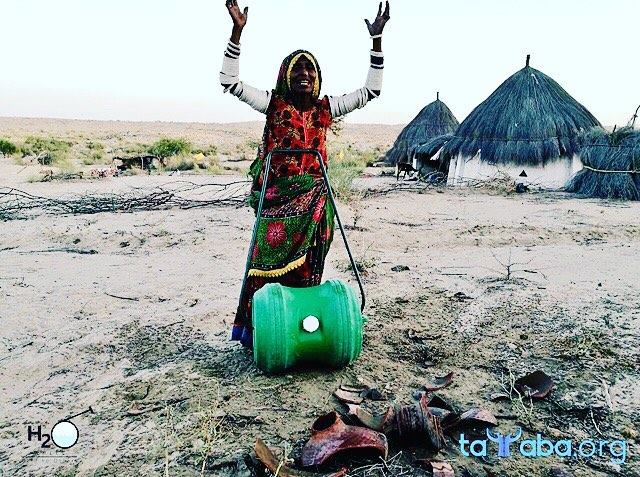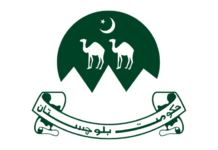When graduating from college, many students often face a choice: take the job that has a positive social impact, or the job that will pay well and have a bright financial future? For some entrepreneurs, it seems, the answer is both.
In years past, social entrepreneurship used to mean a slightly more financially self-sustaining charity, or a business that occasionally did philanthropic ventures. As the industry has evolved, however, it is becoming increasingly clear than social entrepreneurs do not want to compromise on either part of their pursuit: they want to pursue both social responsibility and positive impact and they want to have a financially successful venture and personal financial success.
“What business should be is socially conscious profit making, instead of being driven by greed. The three basic pillars of financial returns, social impact and environmental scalability should be maintained in all businesses,” says Jawad Aslam, CEO at Ansar Management Company (AMC), a company working on low cost housing in Pakistan.
Choosing between profit and purpose is a challenge that all businesses face and the ones which succeed in striking a balance between the two often go on to make a considerable impact not just for themselves but the society as a whole. Profit recently sat down with a few ‘social entrepreneurs’ who are working for social causes while trying to pursue financial goals, and mapped out their journeys.
2Water access: Tayyaba.org

A women in Thal using H2O Wheel to fetch water.
Bilal Saqib is currently a postgraduate student at the London School of Economics (LSE), pursuing a degree in social innovation and entrepreneurship. He has lived a large part of his life in Pakistan and the United Kingdom. However, his inspiration to venture into social entrepreneurship came while he was visiting Burkina Faso. “I was in Ouagadougou, the capital of Burkina Faso, one of the poorest countries in the world, when I saw women over there using wheel shaped containers to carry water from long distances. I asked the women about it, and they said that it was probably the best thing that had happened to them in a long time,” he says.
In Pakistan, a large proportion of rural based women faced the similar daily ordeal of having to fetch daily use water from long distances. Their situation is worse, compared to women in Ouagadougou, as they use traditional clay pots, carrying them on their shoulders or head. In Burkina Faso, Hipporoller.org was working on providing water wheels and in India a similar organization, Wello Water, was doing the same work, but nothing was being done for women in Pakistan.

“I got a small team together and launched the wheel in Pakistan under my organisation Tayyaba.org. We predominantly operate in Tharparkar, Kohistan and another area in Balochistan and have impacted almost the lives of over 20,000 people in the past three years,” he says.
Help Tayaba.org take small steps to make a huge difference in how water is transported. To be a part of this cause visit: https://bit.ly/2Alasvs#dasaniandyou
اس پر Dasani Pakistan نے شائع کیا منگل، 5 فروری، 2019
However, when it comes to having a sustainable business model for the organisation, Bilal says that the organisation runs on donations. “There is no business model. We operate on a 100% donation model, in terms of the money that goes in is the money that comes out in terms of a wheel. Nobody takes a salary.”
Going forward, however, he has a different model in mind, one which may help him generate a sustainable revenue stream. Each water wheel cost around Rs2,500 including the cost incurred for transporting them to their end users, hence, charging money from the people who actually need and use the water wheel is out of question. “The issue is that people who need this water wheel cannot afford it and the people who can afford it, do not need it,” he says.
Currently, Bilal is looking at big corporations that he thinks might be interested in investing into his venture. “So to scale this we definitely have to have a different model. We can approach different companies that want to make an impact through their corporate social responsibility (CSR) activities and can get funding from them. We can rebrand this wheel to a specific company and they can put it on their CSR report.” Recently, Bilal has been promised a small investment from Dassani, Coca Cola’s mineral water brand.
“Now companies in western economies are looking at impact investing instead of donations or CSR. Companies just don’t give donations, they want to see what sort of a social impact the business will have before investing in it,” he says.
The market for impact investing has grown rapidly in India over the past few years. According to a report published by McKinsey & Company, a consulting firm, the total value of impact investments in India has been $5.2 billion since 2010, out of which $4.2 billion has been added since 2015. Even though the number of investments have stayed between 60 to 80 per year, their size has increased from from $7.6 million per deal in 2010 to $17.6 million per deal in 2016.
“We might also work with the government and sell the water wheels and filters to it. Then we charge a service fee to the government, which will then help us invest in research and development and helps us better scale and amplify the whole thing,” says Bilal Saqib.
In the future Bilal plans to take Tayyaba.org forward as a think tank working on social issues. “The idea is to make Tayyaba.org a think tank, where we consult with and assist the government on social issues like water, food, women hygiene and microfinancing and other tier one problems.”























